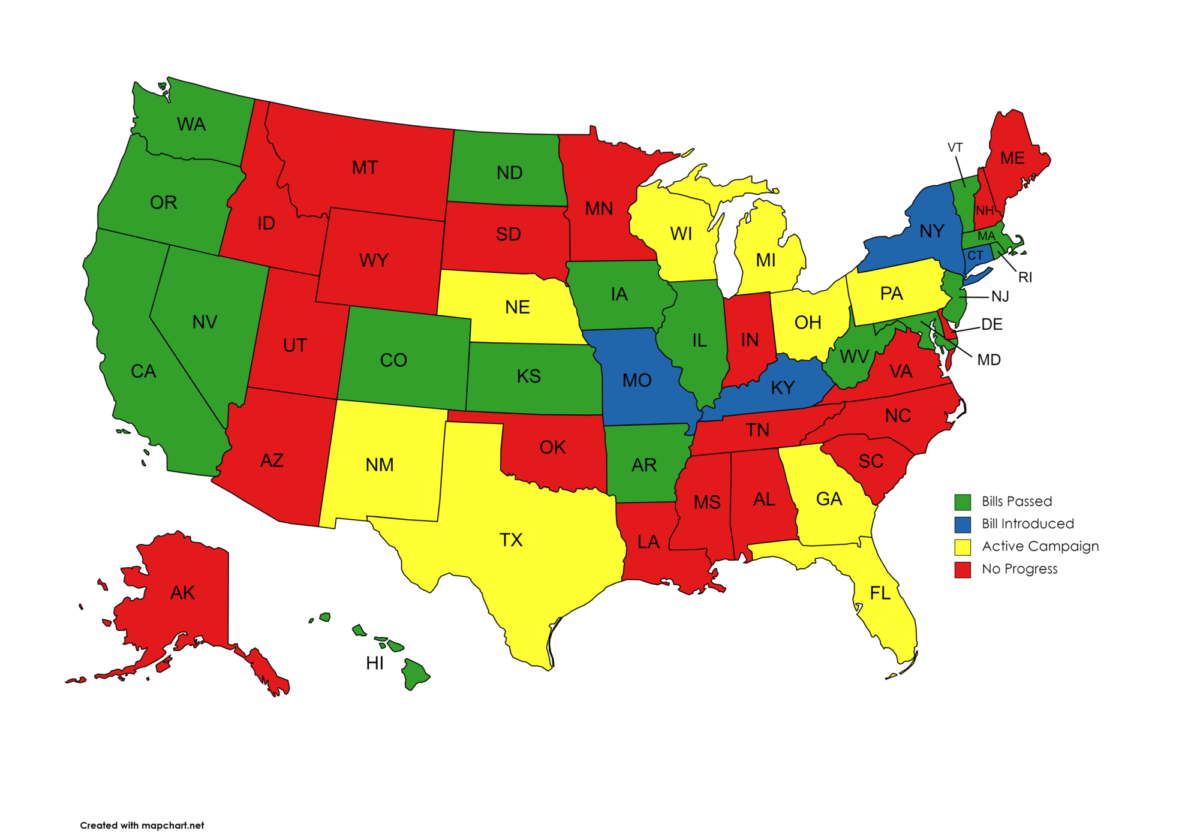Since the overturning of Roe v. Wade in 2022, many states have faced new abortion laws; Arizona is the newest on that list. On Tuesday, April 9, the Arizona Supreme Court upheld a near total ban on abortions with a law created in 1864.
The 160-year-old law was made in the midst of the Civil War, when slavery was still prominent and women had hardly any rights. Heather Cox Richarson in her Letters from an American newsletter explains, “In 1864, Arizona was not a state, women and minorities could not vote, and doctors were still sewing up wounds with horsehair and storing their unwashed medical instruments in velvet-lined cases.” The U.S. was a completely different country, especially for women, in the 19th century.
The law presents an almost complete ban; the only exception to the ban, as explained by The New York Times, is if the mother’s life is in direct danger, meaning there are no exceptions for pregnancies conceived out of rape or incest. Doctors who provide an abortion outside this exception can face two to five years in prison. In Arizona, the minimum sentence for rape is 5.25 years, according to Arizona Revised Statute 13-1406. This means a doctor preforming an abortion in a rape case could face nearly the same prison sentence as the rapists.
Many are in uproar at this ban, including President Joe Biden and Arizona Governor Katie Hobbs. Hobbs called upon the Arizona Legislature to repeal the ban, according to AP News. Planned Parenthood and other organizations are also leading petitions to have abortion access and laws be put on the ballot for the upcoming November election.
While the ban begins in May, there is a possibility it will only last the few months up until the 2024 elections. If abortion laws make it onto the ballot, it is fully up to the people to decide future policies regarding these issues and fight back against the law.








